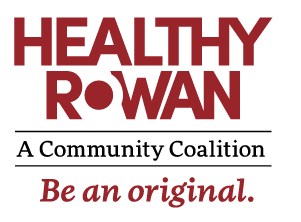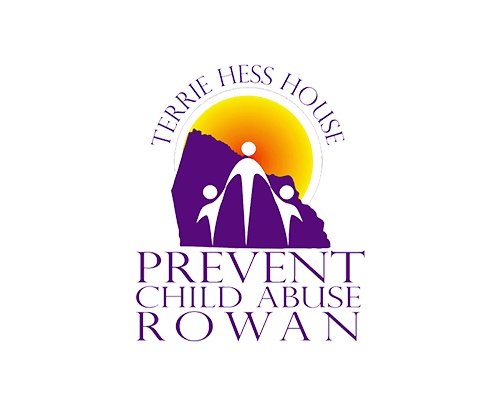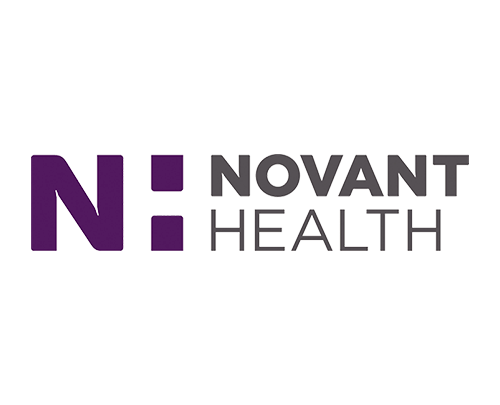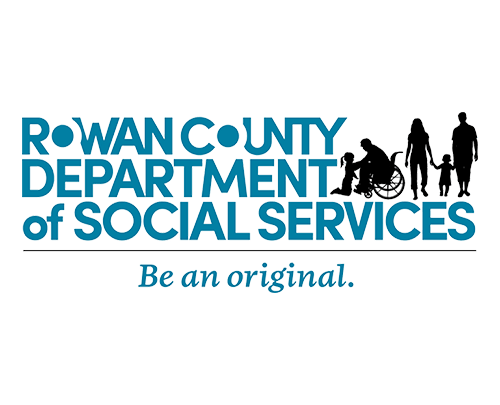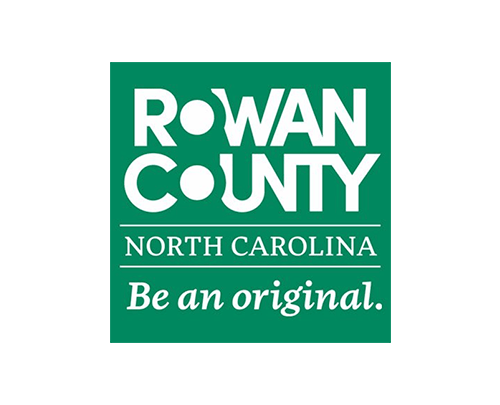Community Resilience Model Project
Our project seeks to address the underlying root causes for all three areas of the 2019 Rowan County Community Needs Assessment - Mental Health, Substance Use, and Healthy Lifestyles. Our community has a duty to collaborate, advocate, and educate to improve the health of all Rowan citizens.
What is our goal?
The Rowan County Community Resiliency Model project will support community members so that people of all ages and backgrounds can cultivate skills to help create or restore resiliency in times of trauma and stress. By providing this training, we hope to offer practical tools for managing stress, handling adversity, and remaining connected as a community.
We appreciate the generous support from the Rowan County Commissioners who made this training possible!
What is Community Resiliency Model?
The Community Resiliency ModelTM (CRM) of the Trauma Resource Institute trains community members to not only help themselves but to help others within their wider social network.
The primary focus of this skills-based, stabilization program is to re-set the natural balance of the nervous system. CRM skills help individuals understand their nervous system and learn to read sensations connected to their own well-being, which CRM calls the “Resilient Zone”.
CRM’s goal is to help to create “trauma-informed” and “resiliency-focused” communities that share a common understanding of the impact of trauma and chronic stress on the nervous system and how resiliency can be restored or increased using this skills-based approach.
Goals of CRMTM
What is Community Resiliency Model® Training?
The Community Resiliency Model® Training (CRMT) consists of a five-day training and follow-up consultation to ensure proficiency in the skills and in teaching CRM. Trainees learn the six skills of the Community Resiliency Model (CRM) and the key concepts of CRM. The training is a combination of lecture, discussion, practice and student teaching. Upon successful completion of the training, participants will be provisionally certified as Community Resiliency Model Trainers if proficiency is demonstrated based upon the CRM Fidelity Instrument as determined by the CRM Master Trainer. The CRM Master Trainer will work closely with trainees who are having difficulty with the skills to help them develop proficiency.
During the course, trainees learn key concepts of CRM, the biology of traumatic/stressful reactions and resiliency, CRM Skills and teaching methods to enhance their training abilities. Trainees practice the skills individually as well as in large and small group formats. The training also includes education on how to spot warning signs in participants in CRM Skills classes as well as an orientation on how to access referrals to local mental health services.
After each component of training, trainees spend time creating teaching plans in pairs, and then teaching the material back to CRM Master Trainers. This approach builds competency in teaching the skills and in explaining the CRM concepts. The final part of the training is designated for student teaching in dyads. Trainees will prepare a one-hour CRM skills training of the CRM Basic Three that can be presented to their community.
Bring a training to your organization
Submit your Interest to attend a training session
A training session is a great way to learn about the program in its entirety.
Request a CRM event
Complete this form and our team will follow-up with you to get more information to schedule your event.
Submit your data
All trainers are required to report out the data from training sessions that are completed.


